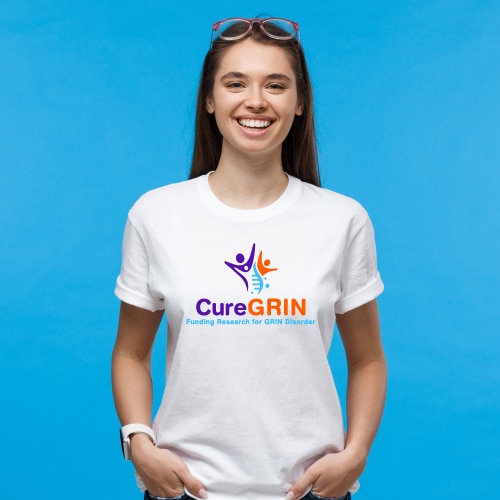Research
GRIA, GRID, GRIK and GRIN
Funding GRI Disorder research to find a cure
There is currently no cure for GRI Disorders.
Fortunately, there is hope. Scientists working at hospitals, universities, and pharmaceutical/biotechnology companies around the world are studying NMDA, AMPA, Kainate, and Delta receptors and the genes that code them. Some believe a cure (or multiple cures) will be discovered for GRI Disorders in the next ten to twenty years.

Our Research Roadmap
CureGRIN’s three-year plan, Treat the Symptoms, Cure the Disease, focuses on 10 essential research questions that need to be answered in order to find cures and treatments for people living with GRI Disorders.
- Including GRI genes will accelerate our path to treatments / cures for all GRI Disorder patients.
- Here’s Why
- AMPA and NMDA receptors are part of a single mechanism
- Significant overlap in researchers
- Similar symptoms
- Similar paths to a cure
- GRIN, GRIA, GRIK (and possibly GRID) can be thought of as a larger family of GRI Disorders.
- Genes from all four groups have been identified as connected to autism.
Learn more about CureGRIN’s Research Roadmap here.
The GRIN Research Audit summarizes hundreds of research reports to show everything that we know so far about GRIN genes, NMDA Receptors, and GRIN Disorder. The Research Audit also includes some information about AMPARs and kainate receptors.
Defining Treatments and Cures
A cure is a medical intervention that would reduce a range of symptoms by rebalancing function of the receptor through gene therapies or pharmacological treatments.
A treatment is a medical intervention that can help with one or more related symptoms by targeting receptors or specific symptoms.
Scientists are moving on two tracks in their search for a cure
- Development of new drugs. The ionotropic glutamate receptors respond well to drug therapies. So, scientists are seeking compounds that can increase the activity of the receptor for patients with Loss of Function variants or decrease the activity of the receptor for patients with Gain of Function variants.
- Gene therapy. Tools such as AAV, ASO, and CRISPR provide exciting opportunities to potentially fully reverse phenotype in target cells. Scientists are working to study the best methods to deliver gene therapy for GRI patients.
Many believe a cure (or multiple cures) will be discovered for GRI Disorders in the next ten years
CureGRIN's approach to finding a cure
We are following a three-pronged approach in our effort to find a cure for GRI Disorders.
- Drive the research agenda to find treatments and cures by the end of the decade.
- Unite and empower the global GRI Community.
- Strengthen operations, governance, and revenue in order to achieve our mission.
Funding foundational research that will lower the barriers to studying GRI Disorders
In order to attract more researchers at universities, hospitals and biotech firms, CureGRIN prioritizes the following types of investments:
Patient Registry
Natural History Study
Animal Models
Identification of Biomarkers
Investing directly in research projects to find therapies and cures
We invest in researchers and research projects that have the best chances of leading to cures and therapies for patients with GRI Disorders.
Building a Research Network for GRI Disorders
We believe in breaking down barriers between researchers at universities, hospitals and biotech companies in order to promote the sharing of everything from ideas and research to animal models and technologies.
We communicate regularly with researchers around the world, and our Science and Medical Advisory Board includes the world leading experts in GRIN Disorder and Ionotropic Glutamate Receptors (NMDARs, AMPARs, Kainate, and Delta receptors.
We have travelled to meet with leading researchers at hospitals, universities and biotech companies in order to raise awareness about GRI Disorders.
As a result of our outreach, several biotech companies are undertaking research to find cures and therapies for GRI Disorders.
We sponsored and helped to coordinate the world’s first global academic conference on GRIN Disorder at Emory University in Atlanta in September of 2019.
Past GRI Conferences
CureGRIN brings together families and scientists to collaborate on GRI Disorder. Access presentations from past events below.
Our Latest Campaign
Join us in Orlando, FL for GRICON25


Cure GRI Disorders
You can help!
You can help us find a cure for GRI Disorders worldwide.
CureGRIN Foundation is a nonprofit, tax-exempt organization as defined in section 501(c)(3) of the Internal Revenue Code and, as such, contributions to CureGRIN are tax-deductible. Fund research. Save a life.
